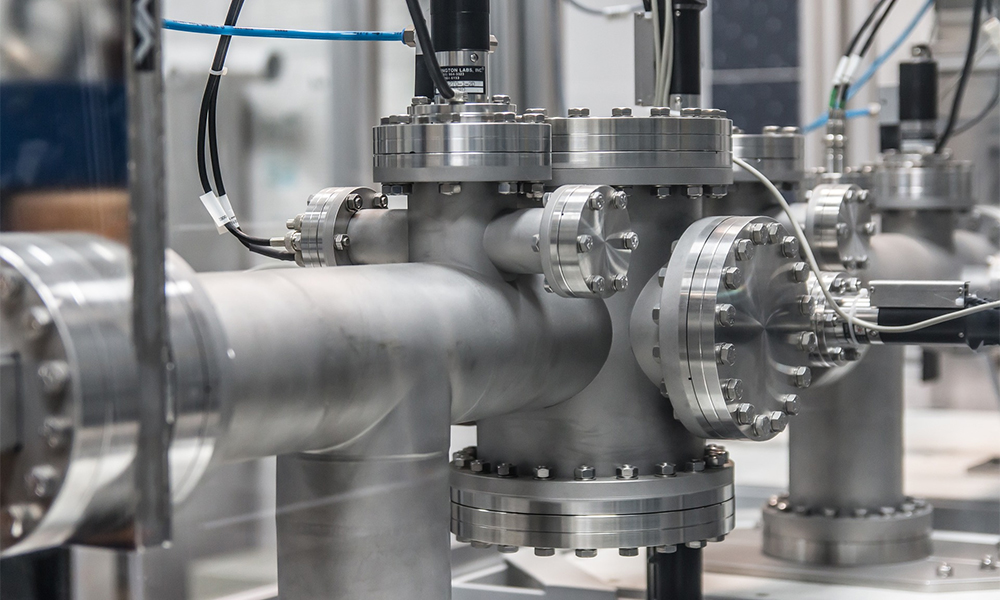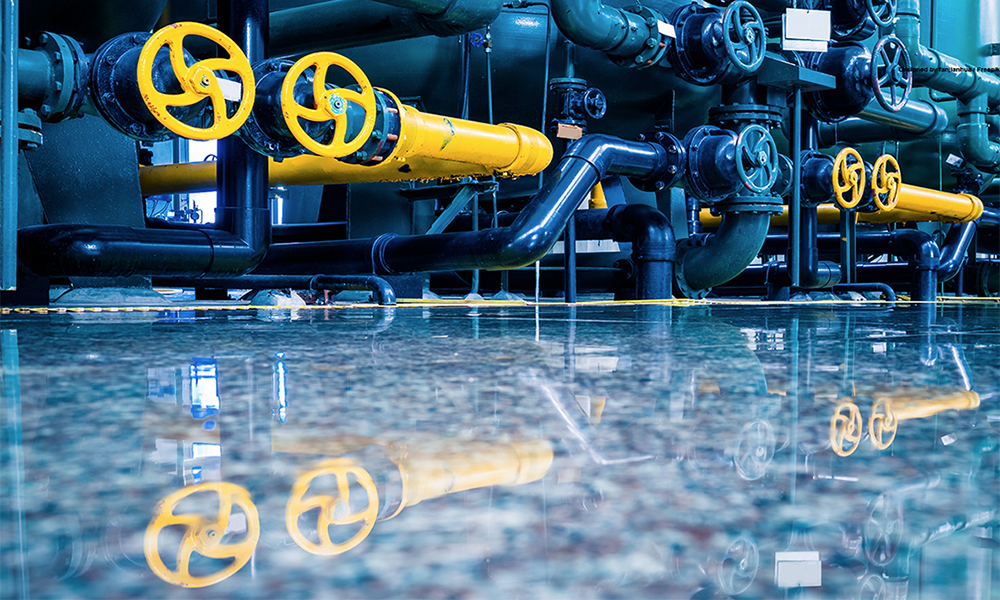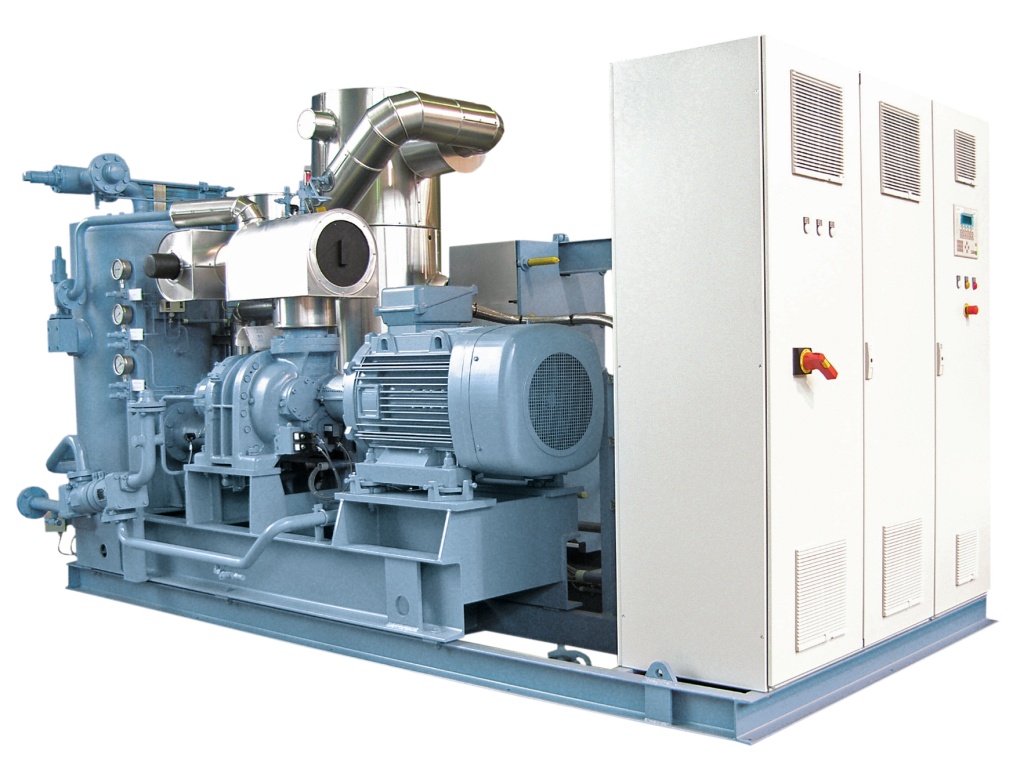- Details
- Written by Super User
- Category: Uncategorised
- Hits: 7966
Waste Heat Recovery
Next Course Date: 28 - 30 June 2021
|
|
Administrative Details |
Time: 9am - 5pm
Venue: 180 Kitchener Road, #06-10 City Square Mall Singapore 208539; Singapore Sustainability Academy
Contact: +65 - 6338 8578
Email: This email address is being protected from spambots. You need JavaScript enabled to view it.
|
|
Course Summary |
Waste heat recovery (WHR) is very important for both sustainability and profitability of process industries. It is even more important in Singapore because of very high industrial activity and lack of energy resources such as oil, natural gas and coal. WHR has great potential for reducing fresh fuel demand by recovering waste heat and reusing it. It can simultaneously reduce both the heating and cooling loads and hence reduce operating and/or capital costs. It will also reduce CO2 emissions.
Consequently, heat recovery projects can generate credits within the CRM and carbon trade programs, and hence improve financial return on WHR projects. WHR is equally beneficial for both Greenfield (i.e., in new plants) and Brownfield (in existing plants) projects
|
|
Course Objective |
This workshop will present a comprehensive and concise coverage of fundamentals, advanced topics and practical applications of waste heat recovery (WHR) in industrial processes. In this workshop, simple and effective WHR techniques will be illustrated, with suitable industrial examples, to help participants quickly identify, calculate and develop the heat recovery saving potentials within their processes. Key benefits/drivers of WHR projects will be illustrated; these are very useful to decision makers and engineers for developing successful WHR business cases.
|
|
Target Audience |
- Energy Managers
- Facility Managers
- Plant Engineers
- Engineers
- Technicians
 |
Rates (inclusive of GST) |
Type |
Price |
| SEAS Member | $1,287.00 |
| SCEM Special Rate | $1,320.00 |
| Non-Member | $1,402.50 |
|
|
Speaker |

Prof. Gade Pandu Rangaiah has been with the National University of Singapore (NUS) since 1982, in the Department of Chemical & Biomolecular Engineering. He received his Bachelor, Masters & Doctoral Degrees in Chemical Engineering from Andhra University, IIT Kanpur and Monash University respectively. He worked in Engineers India Limited for 2 years before his Doctoral study. Prof. Rangaiah was recognized with Annual Teaching Excellence Awards by NUS for 4 consecutive years.
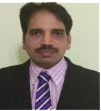
Dr. Chirla Chandra Sekhara Reddy is Technology & Optimization Manager at Singapore Refining Company Private Limited, where he leads a range of activities such as Technology, Optimization, Project Development, Process Engineering, Plant
Troubleshooting and Process Safety. He holds Bachelors and Doctoral Degrees in Chemical Engineering from Andhra University and Master Degree in Chemical Engineering from IIT Kanpur. He also holds MBA Degree from Murdoch University. He has 22 years of rich diverse experiences in Process Engineering, Project Management, Technical services, Operations Optimization and Process Safety in Refinery, Petrochemical, Chemical and Utility plants.
Privacy Policy
By submitting this form, I agree that the Sustainable Energy Association of Singapore (SEAS), ('organiser') may collect, use and disclose your personal data, as provided in this registration form, for the following purposes:
1. Processing registrations for the event;
2. Administration of the event; and
3. Communication of event information via email, phone, and other relevant modes of communication.
By attending this session, I consent to be photographed and/or videographed by the organiser and its appointed videographer / photographers. Recordings and photographs may be used by SEAS for archival, publicity and communications purposes.
- Details
- Written by Super User
- Category: Uncategorised
- Hits: 4690
Understanding Pumps: A Systematic Approach
Virtual Classroom
Next Course Date: 05 & 06 April 2021
|
|
Administrative Details |
Time: 2pm - 5pm
Venue: 180 Kitchener Road, #06-10 City Square Mall Singapore 208539; Singapore Sustainability Academy
Contact: +65 - 6338 8578
Email: This email address is being protected from spambots. You need JavaScript enabled to view it.
|
|
Course Summary |
Pumps take up 20 - 30% in a typical split of energy usage of motor driven equipment for an industrial plant. Commercial buildings, with lower demand for processes, it is between 15 to 20%. The large amounts of energy used for pumping makes pump systems a major candidate for energy savings.
Pumping systems is usually less complicated when compared to process or chiller side optimisation.
|
|
Course Objective |
At the end of the course, participants will be able to:
- Understand the performance characteristics of pumping systems
- Gain an enhanced understanding of a systems versus component approach to optimise the energy efficiency of pumping systems
- Identify performance problems and systems that are most likely to yield energy efficiency savings
- Develop an action plan to achieve energy efficiency improvements
- Integrate continuous energy improvement into the management of pumping systems
Programme Outline
Day 1
- Pump System Optimization / LCC / Pre-screening
- Pump Systems & Process Demands
- Pump Types
- Systems Fluid Relationships
- Fundamental Hydraulics
- Total Head
- System Curves
- Pump Performance Characteristics
- Pump System Energy Use
- PSAT introduction
Day 2
- PSAT Exercise
- Assessment Introduction
- Organizing the Assessment
- Conducting the Assessment
- Field Data Collection
- Sample Problem - Group Exercise
- Selecting a Pump System Optimization Provider
* Usage of laptop is required for this training.
|
|
Target Audience |
- Energy Managers
- Facility Managers
- Technicians
- Engineers
 |
Rates (inclusive of GST) |
Type |
Price |
| SEAS Member | $935.00 |
| SCEM Special Rate | $990.00 |
| Non-Member | $1045.00 |
|
|
Speaker |
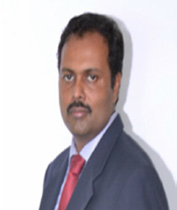
With more than 15 years working experience in system optimisation of chiller, pumps and compressed air systems, Mr. Kumarason S. Kandiah has vast experience in conducting Investment Grade Energy Audits (IGAs), energy efficiency retrofits of chiller plants and feasibility studies at national and international level.
Kumarason has been involved in designing and retrofitting Air Conditioning and Mechanical Ventilation (ACMV), pumps, fans and compressed air systems for commercial and industrial applications. He co-developed a building monitoring system specifically inclined towards improving chiller efficiency that has been operating for more than 10 years at mission critical sites.
Kumarason was a Qualified Energy Services Specialist (QuESS - Singapore) until 2015 and he is also a member of ASHRAE, Board of Engineers Malaysia and Institution of Engineers, Malaysia.
Privacy Policy
By submitting this form, I agree that the Sustainable Energy Association of Singapore (SEAS), ('organiser') may collect, use and disclose your personal data, as provided in this registration form, for the following purposes:
1. Processing registrations for the event;
2. Administration of the event; and
3. Communication of event information via email, phone, and other relevant modes of communication.
By attending this session, I consent to be photographed and/or videographed by the organiser and its appointed videographer / photographers. Recordings and photographs may be used by SEAS for archival, publicity and communications purposes.
- Details
- Written by Super User
- Category: Uncategorised
- Hits: 2406
[Virtual Classroom] Optimisation and Predictive Maintenance for HVACR Systems
E-learning
Next Course Date: 30 Nov 2020
8 SCEM PDUs awarded
|
|
Administrative Details |
Time: Training is done through self learning followed by a 4 hour Q&A session with the trainer on the 30th of Nov 2pm - 6pm (GMT +08:00 Singapore)
Venue: Virtual Classroom : Internet lectures with Q&A
Contact: +65 - 6338 8578
Email: This email address is being protected from spambots. You need JavaScript enabled to view it.
|
|
Course Summary |
Performance analysing - based on Climacheck method, Training Level 1
Cooling and Heating systems consume 15-20% of the electricity produced globally. To maintain temperature is critical but maintaining temperatures alone are no longer sufficient. Knowing the performance of these systems is therefore critical in order to make them efficient. With increasing energy demand and focus on global warming, the built environment is facing increased scrutiny. In many countries, and more so in the tropics, HVACR equipment in buildings are a major source of energy consumption which typically have high maintenance costs associated with them. There is also an increased focus on Measuring and Verification (M&V), as well as early warning to achieve maximum reliability to reduce loss of perishable goods, production capacity and to avoid bad will with tenants and guests due to failing temperatures
Training starts with a review of the basic thermodynamics required to establish performance factors (a pretraining refresher will be distributed for participants that want to make sure they are up to speed with definitions and basics used for analysing). Then training moves into data collection, including what sensors are required and how they should be applied to minimize uncertainty of results. How to validate data inputs and results are covered.
|
|
Course Objective |
MasterClass Course Goals:
- To give participants a method to compare operation of a system with design, maintenance instructions and good practice.
- To make participants aware of the possibility to reduce failure rates, maintenance cost, energy consumption and refrigerant leaks by introducing state of the art M&V methods.
Session 1:
- Introduction to principles of Thermodynamics and how they relate to vapour compression systems
- Pressure enthalpy charts and Energy Efficiency
Session 2:
- How to set-up measuring systems with temperature, pressure and power meters and use a spreadsheet based analysing tool to analyze an HVACR process
- KPIs of a refrigeration / air-conditioning process, and how to improve a basic refrigeration / air-conditioning process
Course Outcome
- Identify what data points that is required to analyze basic HVACR equipment.
- Apply sensors on correct position and with correct application to get good quality data.
- Use data collection units to collect pressures, temperatures and electrical measurements.
- Adjust/configure ranges for basic sensors used.
- Validate data inputs
- Select and make basic adaptation of appropriate analyzing “template” to correspond to measured system
- Validate results such as versus design and/or good practice.
- Understand and be able to compare performance indicators such as COP, System Efficiency Index, compressor/evaporators/condensers efficiency.
- Understand interaction of different adjustment parameters in an HVACR system
- Awareness of the importance of commissioning of controls for each installation
|
|
Target Audience |
This training is aimed for trained technicians and mechanical/electrical engineers with practical on-field experience with chillers, air conditioning, refrigeration and heat pump systems. ESCOs, site engineers, operation engineers/managers/technicians, energy engineers and cooling equipment maintenance and servicing personnel.
 |
Rates (inclusive of GST)
|
Type |
Price |
| Member | S$ 250.00 |
| Non-Member | S$ 287.50 |
| Group Rate (3 or more) | S$ 250.00 |
| SCEM Special Rate | S$ 250.00 |
*E-certificates will be issued upon successful completion of this workshop
|
|
Speaker |
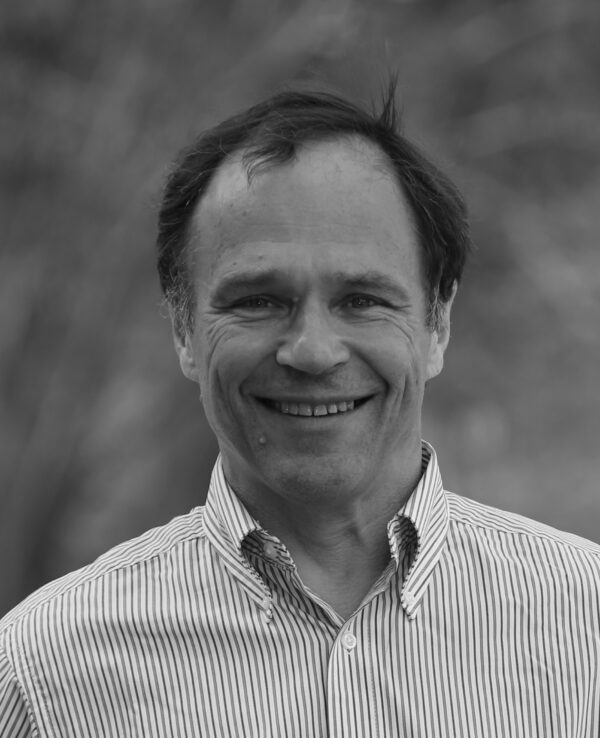
Klas has a Master of Science in Applied Thermodynamics and Refrigeration from the Royal Institute of Technology in Stockholm. Since 1984 active in the Swedish refrigeration, air-conditioning and heat pump industry. From 1989-1999 on managing positions in one of the larger whole sale, distribution and manufacturing groups in Sweden. Worked 5 years as a consultant for manufacturers in development projects, fault analyses and for UNEP/UNDP/UNIDO/WB projects under the Montreal Protocol to phase out ODS in Asia and the Balkan countries. Member of the steering committee of several Swedish national research projects for alternative refrigerants and energy efficient HVACR systems also member of ASHRAE committee SPC207 for Fault Detection and Diagnosis. The author holds several patents on products that have been successfully introduced commercially. Started ClimaCheck in 2004 to develop performance analysing methods for the HVACR industry. ClimaCheck is today a global leader of performance analytics and cloud-based monitoring of refrigeration, air conditioning and heat pump systems.
This program is supported by: 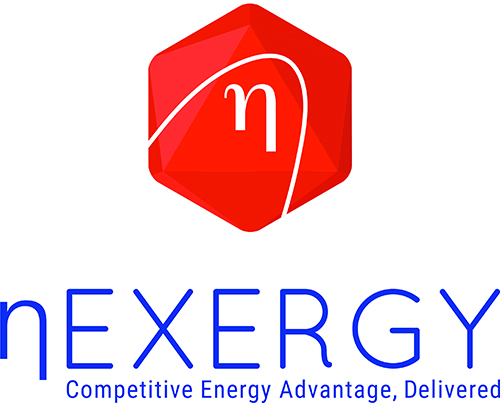
Privacy Policy
By submitting this form, I agree that the Sustainable Energy Association of Singapore (SEAS), ('organiser') may collect, use and disclose your personal data, as provided in this registration form, for the following purposes:
1. Processing registrations for the event;
2. Administration of the event; and
3. Communication of event information via email, phone, and other relevant modes of communication.
By attending this session, I consent to be photographed and/or videographed by the organiser and its appointed videographer / photographers. Recordings and photographs may be used by SEAS for archival, publicity and communications purposes.
